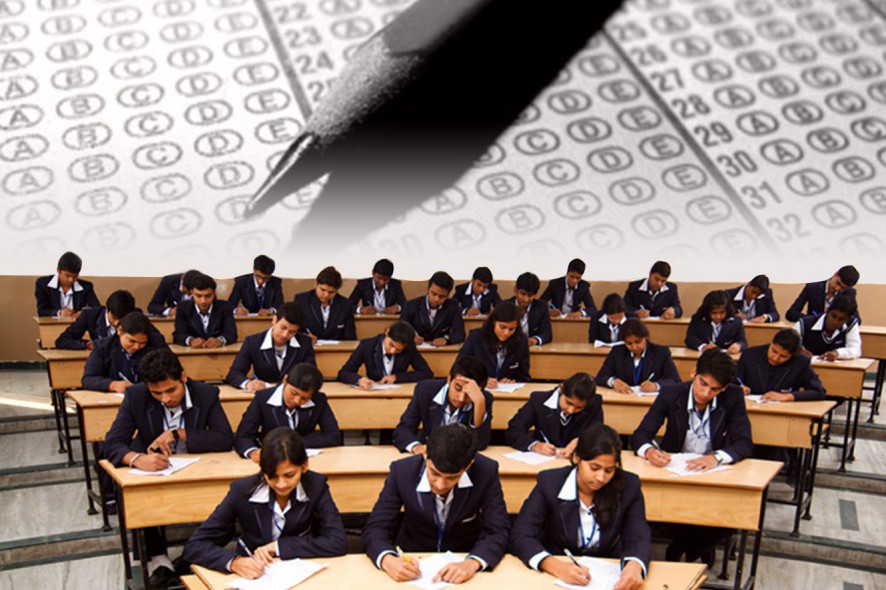Delhi High Court: Amidst the variety of questions raised upon the Executive Order dated 06-01-2016 issued by the Government of NCT of Delhi, that abolishes management quota for 75% seats in the private unaided schools of Delhi, Manmohan, J. chose to particularly reflect upon the validity and constitutionality of the impugned order at length. Ruling in favour of the petitioners, the Court stayed the order while placing the writ petitions at abeyance for final disposal.
In the present case, the petitioners via Sunil Gupta approached the Court against the impugned Executive Order dated 06-01-2016 of the Government of NCT of Delhi that abolished management quota for 75% seats in the private unaided schools of Delhi. The petitioners argued against the validity of the order citing the absence of approval by the ‘administrator’, since the Order was issued in the name of the Council of Ministers and not the Lieutenant Governor. Furthermore, the petitioners highlighted the unreasonable interference of the Government through the impugned Order into their right to freedom and autonomy towards running their institutions, which exists as a fundamental right under the Constitution. The petitioners also based their arguments upon Section 3 of the Delhi School Education (DSE) Act, 1973 read with Rule 43 of the Delhi School Education (DSE) Rules, 1973, which ensured autonomy in operations and decision-making for the schools. To this array of arguments, the respondents argued that since the petitioner is an association it cannot espouse any fundamental right. Also, citing Section 2(e)(ii) of the DSE Act, 1973, Government of NCT Act and Transaction and Allocation of Business Rules, the respondents claimed the ability of the Council of Ministers to act on behalf of the ‘administrator’.
Perusing the contentions, the Court accepted that the Order was issued without authority in violation of Section 3(1) of the DSE Act and Rule 43 of the DSE Rules, 1973. Reaffirming the autonomy of the schools, Court averred that the promoters of the school have made an investment and hence they are entitled to full autonomy including the right to admit students. Appreciating the recommendations of the Ganguly Committee, Court maintained the requirement of management quota in schools. [Action Committee Unaided Private Schools v. Directorate of Education, 2016 SCC OnLine Del 672, decided on 04.02.2016]






